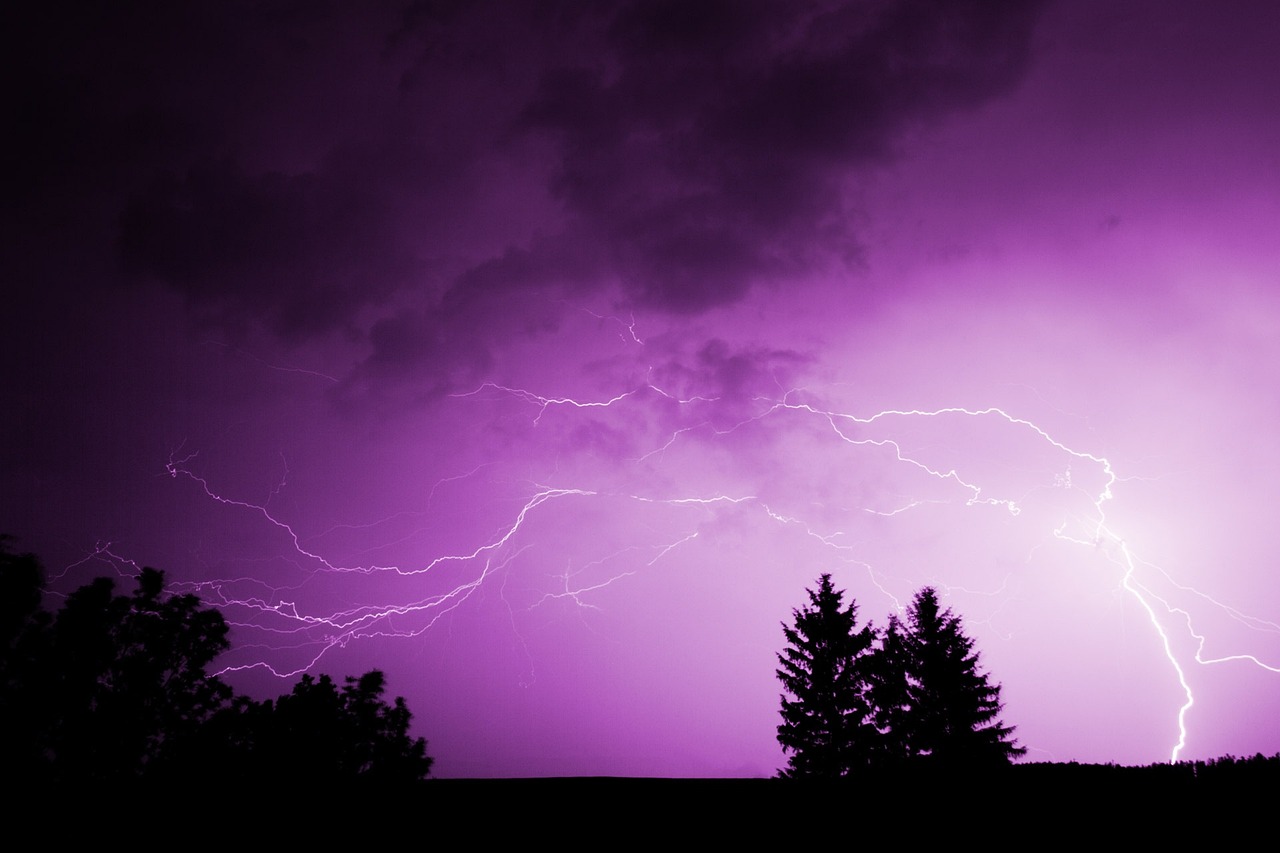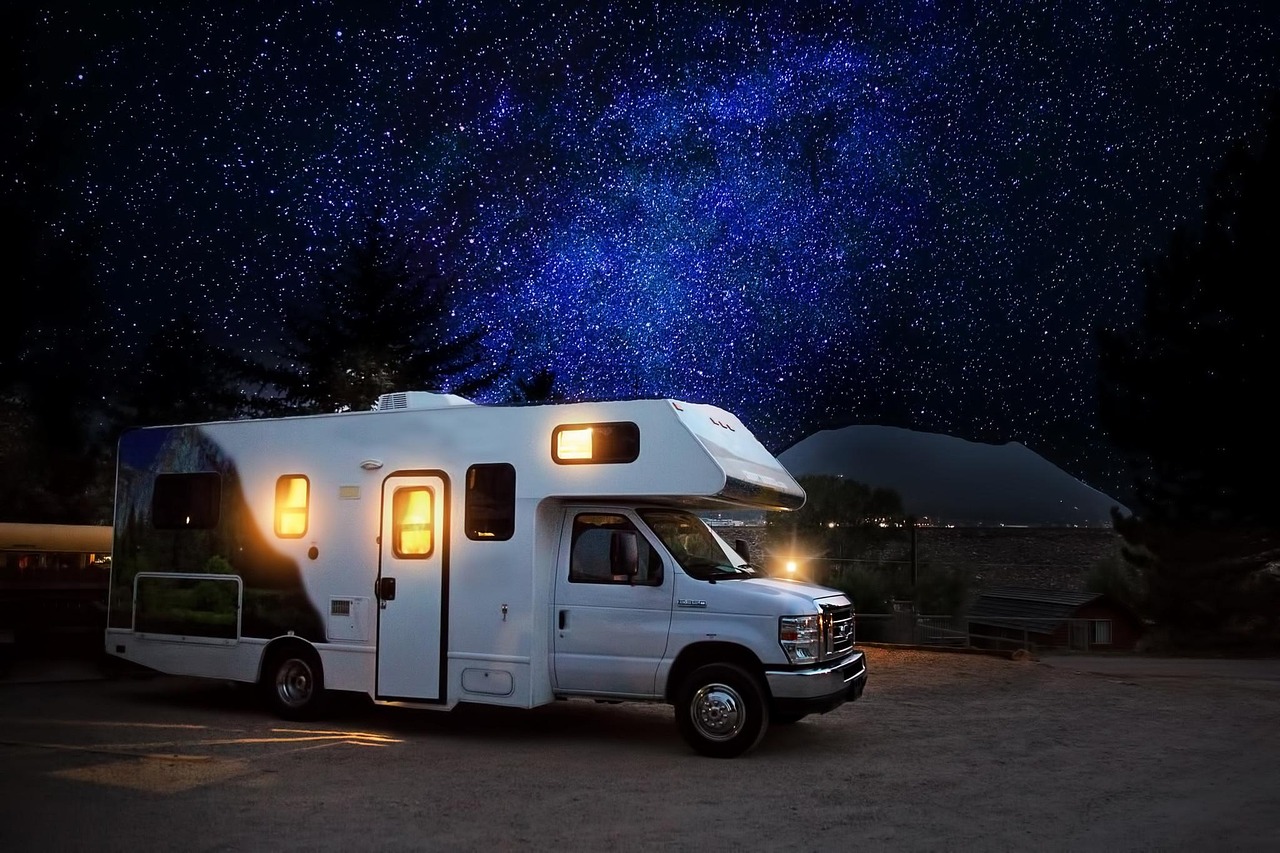
 Recreational vehicles (RVs), including campers, motorhomes and fifth-wheel trailers, can face many of the same risks as everyday cars. However, their larger size, higher value and dual use for transportation and living require specialized insurance protection. Whether you live in your RV full-time or use it for occasional getaways, understanding and securing the right coverage is essential. At Rinehart, Walters & Danner, our team can help you learn about RV insurance coverage and find the right policy.
Recreational vehicles (RVs), including campers, motorhomes and fifth-wheel trailers, can face many of the same risks as everyday cars. However, their larger size, higher value and dual use for transportation and living require specialized insurance protection. Whether you live in your RV full-time or use it for occasional getaways, understanding and securing the right coverage is essential. At Rinehart, Walters & Danner, our team can help you learn about RV insurance coverage and find the right policy.
What Does RV Insurance Cover?
RV insurance typically combines elements of both auto and homeowners insurance, reflecting the hybrid nature of RV use. While coverage needs can vary depending on your vehicle, personal circumstances and location, you’ll likely find value in the following:
- Bodily injury liability coverage—Similar to auto insurance, this type of coverage in your RV policy can help pay for other parties’ losses if you’re at fault for an accident on the road.
- Property damage liability coverage—Also bearing a resemblance to its auto insurance counterpart, this part of your RV insurance may assist with vehicle repair or building rebuild costs if you damage someone else’s property in an accident.
- Vacation/campsite liability coverage—This part of an RV insurance policy can extend liability coverage to include incidents occurring while your vehicle is parked, such as if a guest is injured while visiting your campground.
- Collision coverage—If you’re involved in a crash while driving your RV, such as striking a tree, colliding with another vehicle or scraping against a guardrail, this part of your policy can financially assist with repairing your vehicle.
- Comprehensive coverage—Fires, theft, vandalism and natural disasters can all represent significant threats for your vehicle, but this part of RV insurance can account for subsequent losses.
- Personal property coverage—Your RV can house more than just you and your passengers. This coverage can assist with losses involving its contents, including appliances, electronics, camping gear and other belongings.
- Medical payments coverage—This part of RV insurance can provide financial aid for medical bills if you or your passengers are injured in an accident, regardless of fault.
- Loan assessment coverage—If you live in a campground or RV park, this part of your policy can help with losses and expenses if the managing association charges you for repairs to common areas.
- Roadside assistance coverage—Exploring the world in your RV may require you to be equipped with this type of coverage, which can help pay for towing and other fees should your vehicle break down during a trip.
While shopping for RV insurance, you may encounter the term “full-time RV insurance.” This policy typically includes more of the aforementioned components, such as vacation/campsite liability coverage and loan assessment coverage, and is generally advisable if you use your vehicle as your primary residence.
Is RV Insurance Coverage Required?
In most states, self-driven RVs require you to have RV insurance. These laws typically mandate at least bodily injury and property damage liability coverages, although details may vary depending on where you live and plan to travel. Alternatively, if you tow your RV, such as a fifth-wheel trailer or pop-up camper, you might not have to follow the same legal requirements, since your towing vehicle’s auto insurance can cover potential third-party damages.
You should also be aware of other possible obligations. For example, if you’ve purchased your RV with the assistance of a lender, they’ll likely require you to carry certain levels of RV insurance until you’ve paid off your vehicle. Specifically, many lenders may require collision and comprehensive coverage. Additionally, some campsites and RV parks may require insurance before you can settle in.
How Much Does RV Insurance Coverage Cost?
Since there are many types of RVs and ways to use them, RV insurance rates can vary significantly. Carriers must carefully analyze your situation and personal details to assess risk levels and calculate appropriate pricing. While exact quoting processes may vary, you can generally expect the following criteria to be considered when shopping for RV insurance:
- Location, including where you live, travel and store your RV
- Vehicle specifications, such as its size, type, features, age and value
- Your personal details, including age and driving record of all insureds
- Use habits, such as whether you live in your RV full time and its estimated annual mileage
- Claims history
- Coverage levels, such as your deductible and what you include in your policy
How to Get the Right Policy
Your RV can unlock the world, allowing you, your family and your guests to embark on epic adventures and enjoy time off the grid. However, even a single accident or mishap can derail your travels, disable your vehicle and impose expensive financial ramifications. Acquiring and maintaining appropriate RV insurance may, therefore, not only be a legal requirement but also a critical investment. Contact Rinehart, Walters & Danner today to begin exploring your coverage options and building an optimal policy.

 Insurance plays a crucial role in your life’s financial security and stability. The various policies and coverages that make up your insurance portfolio can potentially ensure you’re able to endure accidents, natural disasters and unexpected circumstances that might otherwise incur devastating financial losses. These risks may be particularly prevalent for those who fail to identify and address common coverage gaps.
Insurance plays a crucial role in your life’s financial security and stability. The various policies and coverages that make up your insurance portfolio can potentially ensure you’re able to endure accidents, natural disasters and unexpected circumstances that might otherwise incur devastating financial losses. These risks may be particularly prevalent for those who fail to identify and address common coverage gaps.


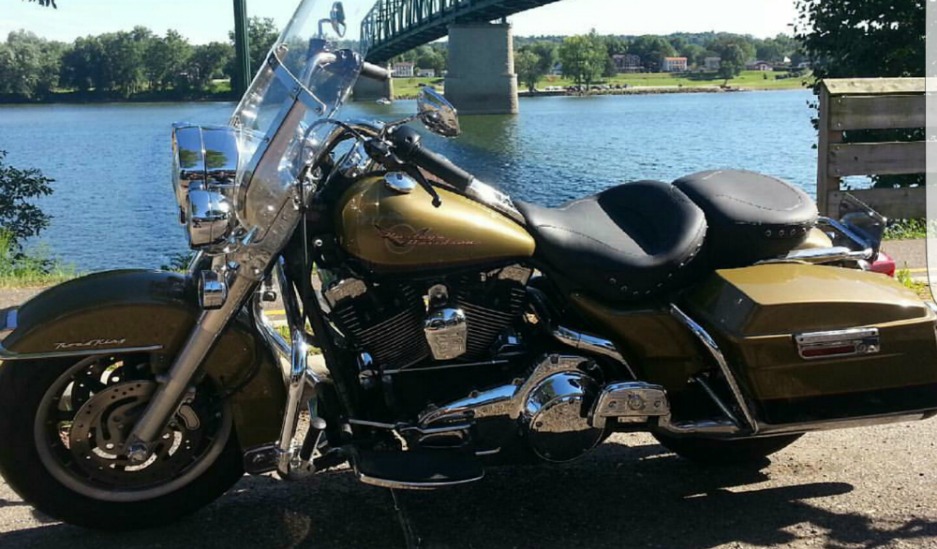
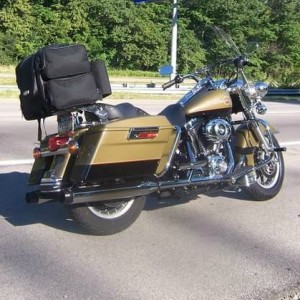
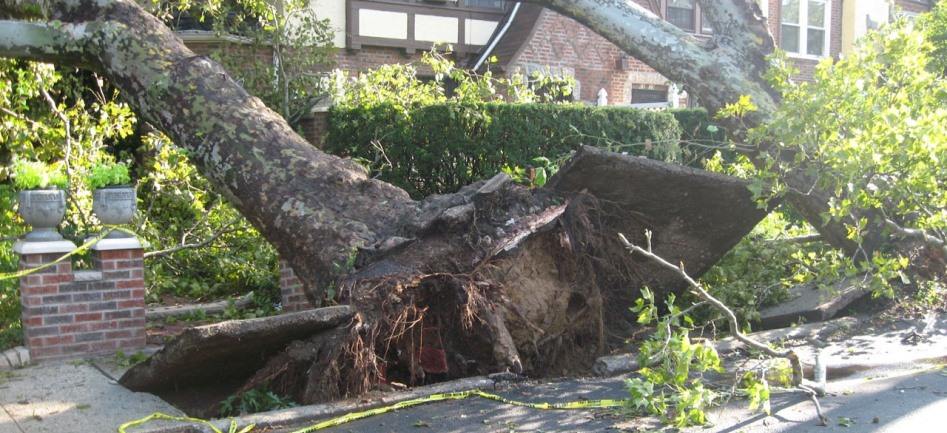
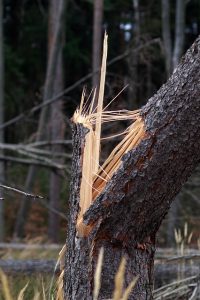 Every year, storms are responsible for knocking over or breaking off limbs of numerous trees. Unfortunately, sometimes, a limb or tree falls on our house or other property.
Every year, storms are responsible for knocking over or breaking off limbs of numerous trees. Unfortunately, sometimes, a limb or tree falls on our house or other property. 



